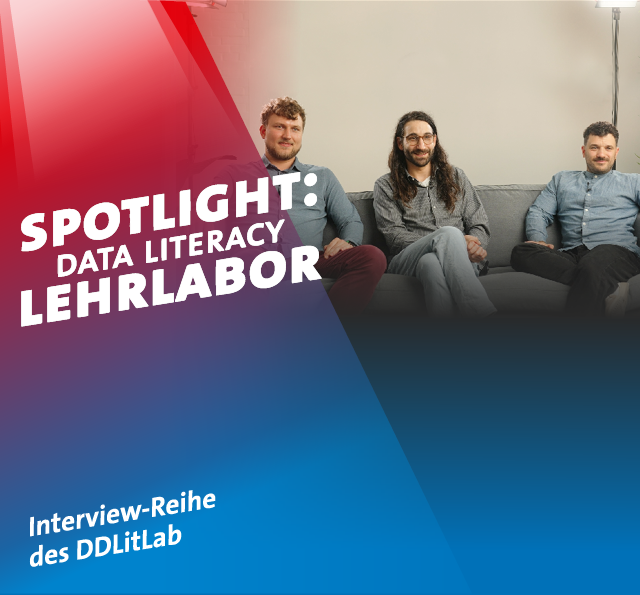Innovation by Legal Design Thinking - Student Digitalization Lab
Type of event: Seminar
Institutions: Faculty of Law, HUL Writing Centre, Faculty of Mathematics, Informatics & Natural Sciences
Funding period: 01.10.2023 to 31.07.2024
Short title: StudDigiLab
Extract from the funding application: "In the seminar, a real digital prototype is developed with the help of co-creative methods and using a no-code tool (Forest/Legal OS). The prototype solutions must harmonise static abstractions (law), models (computer science) and operational application (social work & social law). Interdisciplinary exchange is crucial for this, as feedback from and for other disciplines sharpens the understanding of requirements and solutions so that the latter are useful, attractive and usable, which is an integral part of design thinking."
The StudDigiLab project

Interdisciplinary transfer events are very rare. Particularly in the field of law, there tends to be an apparent compartmentalisation towards other disciplines. However, the complexity of the world requires integrative innovations, which are regularly the result of interdisciplinary co-operation. One of the aims of the course is to provide unique experiences that allow a realistic view of future professional life.
In the course of the project, participants expand their data literacy in the three competence areas of knowledge, skills and values. They learn algorithmic thinking and acquire knowledge about data and information, the basics of data value creation, data analysis and data visualisation, as well as user-centric and legally compliant software development. Practical skills are also expanded with the application of (legal) design thinking for problem solving and product development as well as implementation with the no-code tool "Forest". In order to keep social responsibility and the common good in mind, the entire process is reflexively accompanied by the question "What do we want/can/may/should we do with data?".

patrick perkins / unsplash
Review and results

Through its innovative, practice-orientated and interdisciplinary approach, StudDigiLab has achieved significant results that have had a lasting impact on students' skills and teaching methodology. The focus was on the development of digital prototypes for real-life challenges in social enterprises, enabling students to acquire specialised knowledge and practical technology skills.
A key outcome is the promotion of data literacy among students, who learn to analyse problems based on data and make decisions - an indispensable skill in today's data world. In addition, interdisciplinary skills were strengthened through collaboration with social enterprises and the integration of different professional perspectives. This enabled students to think beyond their area of specialisation and look at problems from different angles, which is increasingly important in the modern working world.
Another result is the development of reflective competence, in which students critically reflected on their learning processes and the application of the skills they had acquired - essential for lifelong learning and personal development. Design thinking also played a central role: students developed creative solutions to the challenges presented and learnt to respond empathetically to the needs and problems of users.
Tips from lecturers for lecturers

Overall, the teaching project showed how important and enriching an open, flexible and practice-orientated teaching and learning environment is. The results achieved - from the promotion of key skills such as data literacy and interdisciplinary collaboration to the development of teaching staff's didactic skills - emphasise the importance of innovative teaching approaches in today's educational landscape. The project has not only enriched the students and teaching staff involved, but also the social enterprises involved and has made it clear that such teaching formats make a significant contribution to preparing students for the challenges and opportunities of the digitalised world of work.
Persons involved
Faculty of Law, HUL Writing Centre, Faculty of Mathematics, Informatics & Natural Sciences
Applicants: Anton Sefkow, Lukas Musumeci, Marten Borchers
Funding line: Transfer-oriented data literacy
Funding period: 01.10.2023 - 31.07.2024
Course in winter semester 23/24: Seminar Innovation by Legal Design Thinking (IbLDT) (link to the Stine course catalogue)




